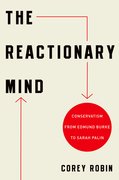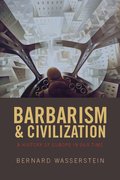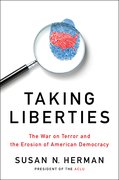In appreciation of bats
By John D. Altringham
2011-12 is the International Year of the Bat sponsored by the United Nations Environment Programme. Yes, that’s right – we are devoting a whole year to these neglected and largely misunderstood creatures. Perhaps if I give you a few bat facts and figures you might begin to see why.













